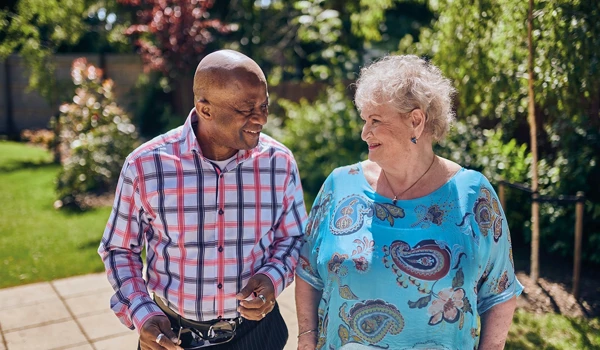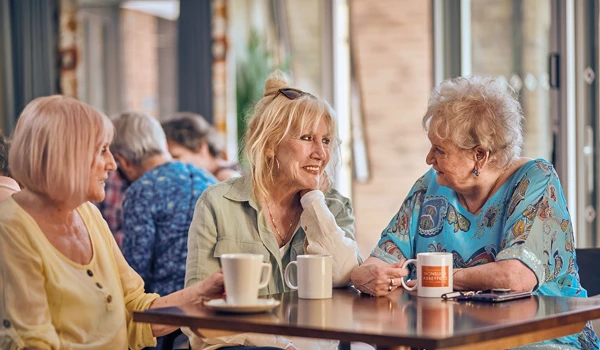
18/07/2024
Great Torrington Gets Growing for a New Project
Chenie, House Manager of Glen Tor, has been busy fundraising for a brand new greenhouse, and the wait is almost over.
Read More
26/06/2025
Celebrating Pride Month
Pride Month is a time for communities worldwide to come together to celebrate the LGBTQ+ community and support their rights. This blog offers essential support services tailored to LGBTQ+ individuals over 50.
Read More
26/06/2025
The comforts of home: What makes an Abbeyfield house unique?
At Abbeyfield, we are proud to offer a retirement living that genuinely feels like home. In this blog, we discuss what makes an 'Abbeyfield house' unique.
Read More
16/06/2025
Enriching the lives of older people, one home at a time
This week, as Care Home Open Week and Glad to Care Week sweep across the nation, we're celebrating the heart behind every Abbeyfield home.
Read More
13/06/2025
Abbeyfield York Society unveils new extra care and day services
Abbeyfield York celebrates the opening of 25 new Extra Care apartments and the launch of community Enrichment Day Services for older people.
Read More
13/06/2025
Interactive experiences and expert advice imparted at successful Dementia Awareness Day at Speedwell Court
Speedwell Court hosted a successful Dementia Awareness Day in Southampton, offering expert advice, research updates, and interactive learning for anyone supporting people with dementia.
Read More
10/06/2025
Sky’s the limit for 86-year-old Brian’s fundraising
Meet Brian Standring, an adventurous 86-year-old skydiving to support Alzheimer's Society during Dementia Action Week. Discover his inspiring story and how to donate.
Read More
13/05/2025
Hats off to Patricia
Patricia Smith, a resident at Avondale, shares her lifelong passion for art, from her time as an RAF illustrator to her current dedication to knitting hats for the maternity unit and dolls for local charities.
Read More
13/05/2025
Bienvenue a Westall House!
French health and social care students visited Westall House in Horsted Keynes to learn about the differences in care for older people. The visit included tours, residents chats and insights into daily life.
Read More
12/05/2025
Independence is the essence for Sue
Sue Fifer describes how living at Girton Green in Cambridge provides her with the independence and community she sought for an active retirement.
Read More- 1
- 2
- 3
- 4
- 5
- >
